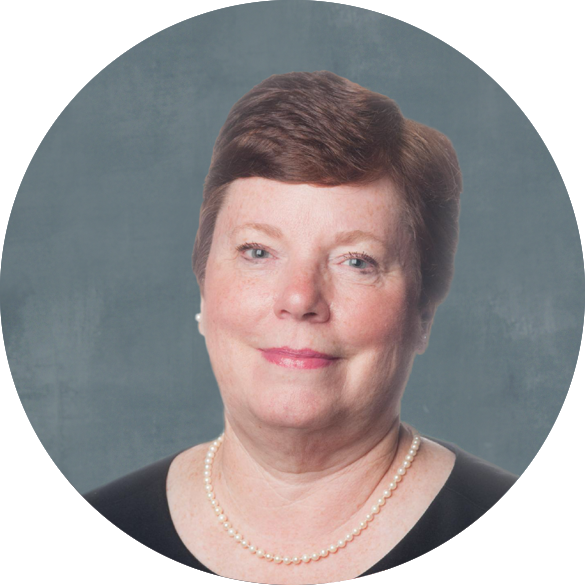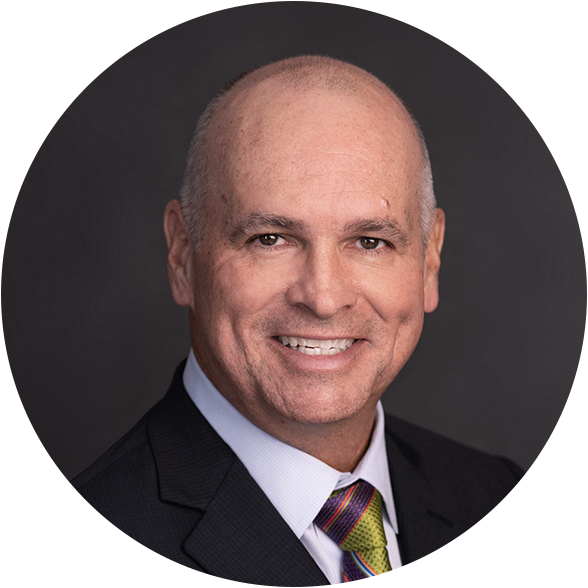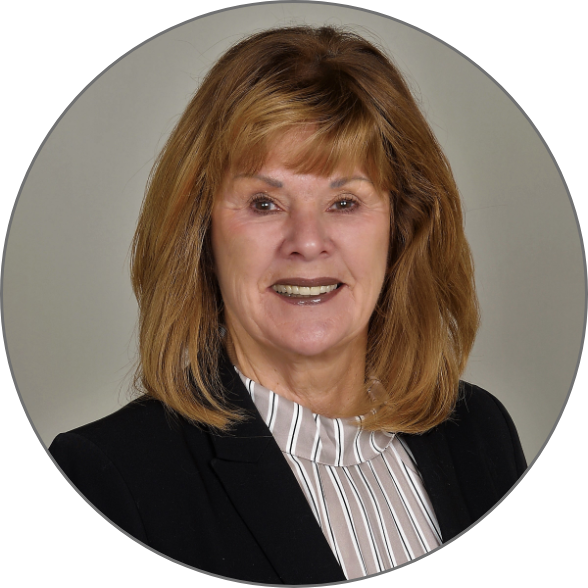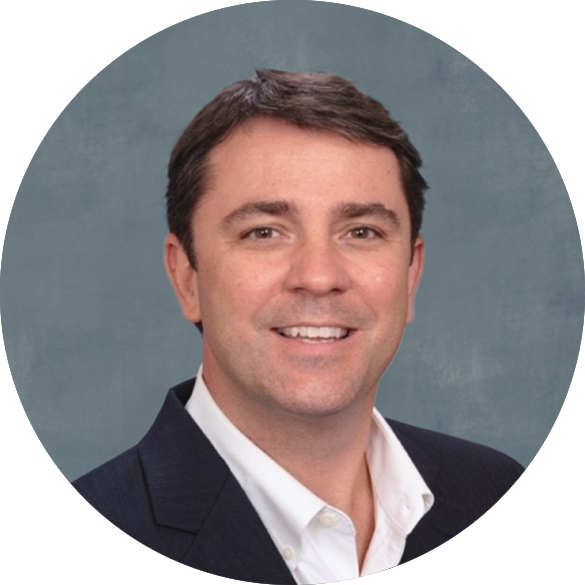Hospitals can reduce patient safety risks through scanning and recall alerts at the clinical point-of-use
2 Minute Read – As a registered nurse that has spent 15 years caring for patients in the OR and another 19 years helping ORs manage their extensive inventories, I know just how significant it is that our new 4.2 release includes FDA-integration for product recall. According to research, “Between 2002 and 2016, 806 million medical devices were recalled.” Yes, you read that correctly…806 million! Product recall notifications are an evitable component of the hospital supply chain; Unfortunately, these important notifications don’t always make their way to the appropriate persons. The consequences of a recalled supply or implant making their way into a procedure and/or into a patient can be detrimental as they can increase the exposure of patients and staff to infection, injury and even death and create liability issues for the hospital.
Perhaps this fictitious (albeit very real) patient story helps to explain the importance of our FDA national recall database integration:
A 58-year old male patient was scheduled for coronary artery by-pass surgery. A recalled catheter guide was used during the procedure for the placement of a guidewire by the physician. It was not known at the time that the catheter guide was pulled that the product was recalled. It was noted upon removal of the catheter guide from the patient that the outer material had separated from the device and a fragment had entered the patient’s blood stream. Attempts to remove the fragment prolonged the procedure by an estimated two (2) additional hours. The fragment migrated further resulting in a blocked vessel necessitating an additional surgery to remove.
The new enhanced integration between the FDA’s recall database and the Syft Synergy Point-of-Use (POU) platform alerts the clinician of a product recall at the time the product is scanned thereby increasing patient safety and reducing the liability issues that may arise from the inadvertent use of a recalled product.
I welcome the opportunity to speak to you about this topic. Please connect with me if you’d like more information (lsmith@syftco.com). Together, we can improve your clinical supply chain and help ensure the best outcomes for your patients.
Learn more about Syft Synergy 4.2 including FDA integration


